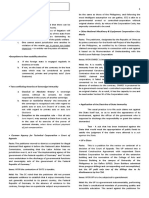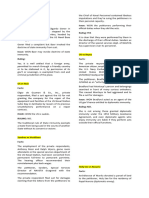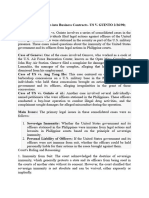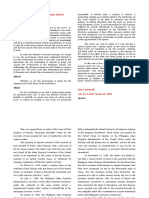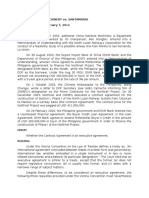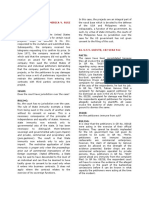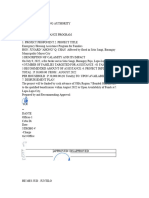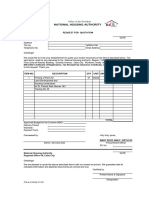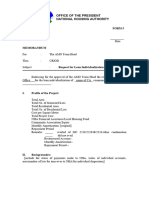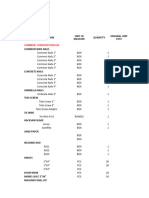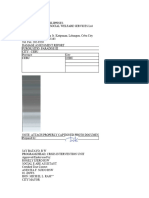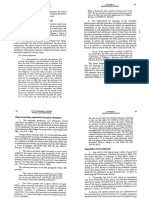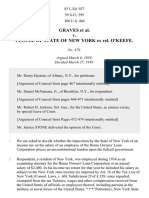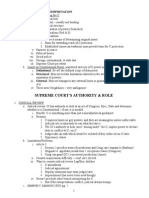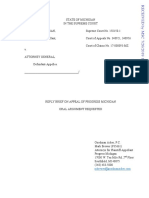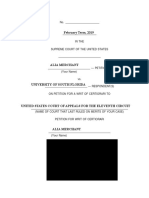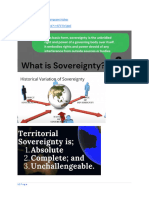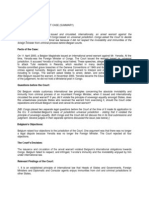0% found this document useful (0 votes)
57 views6 pagesCase Assignment 2
The court ruled that CNMEG, a Chinese state-owned corporation, was not entitled to sovereign immunity from lawsuits in local Philippine courts for its role in a contract to construct a railway system. While foreign states generally enjoy immunity from suit, this does not apply to private commercial activities, like entering into contracts. The court found that the nature of the railway construction contract was proprietary, not governmental. As a state-owned corporation without an original charter, CNMEG was presumed capable of suing and being sued under Philippine law. Thus, sovereign immunity did not prevent the case from proceeding against CNMEG in domestic courts.
Uploaded by
Jube Kathreen ObidoCopyright
© © All Rights Reserved
We take content rights seriously. If you suspect this is your content, claim it here.
Available Formats
Download as PDF, TXT or read online on Scribd
0% found this document useful (0 votes)
57 views6 pagesCase Assignment 2
The court ruled that CNMEG, a Chinese state-owned corporation, was not entitled to sovereign immunity from lawsuits in local Philippine courts for its role in a contract to construct a railway system. While foreign states generally enjoy immunity from suit, this does not apply to private commercial activities, like entering into contracts. The court found that the nature of the railway construction contract was proprietary, not governmental. As a state-owned corporation without an original charter, CNMEG was presumed capable of suing and being sued under Philippine law. Thus, sovereign immunity did not prevent the case from proceeding against CNMEG in domestic courts.
Uploaded by
Jube Kathreen ObidoCopyright
© © All Rights Reserved
We take content rights seriously. If you suspect this is your content, claim it here.
Available Formats
Download as PDF, TXT or read online on Scribd
/ 6
























